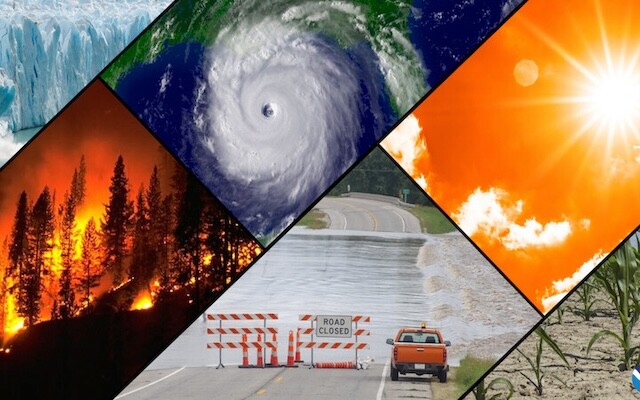The state of Alabama, joined by 18 other states, filed a lawsuit against California over its climate-change regulations being foisted on the state. An opinion article published in the Wall Street Journal discussed the lawsuit. On the same day, the paper had an article about the Rockefeller family foundation and its effort to force the source of its wealth — Exxon Mobil Corp. — to get off oil and gas and become a renewable energy giant. The Rockefeller article highlighted how the foundation was pushing lawfare against ExxonMobil. The attorney general of Alabama pointed out the use of regulation-fare against the 19 states fighting California.
The Alabama suit will force the Supreme Court to resolve the dispute between the states over California’s climate change rules, supported and mirrored by Connecticut, Minnesota, New Jersey, and Rhode Island. The Supreme Court has jurisdiction over lawsuits between states, as opposed to civil suits launched by private companies against the economic penalties from state regulations.
Climate activists have unsuccessfully pushed for Congress to ban fossil fuels. They push regulators to enact punishing rules that will outlaw fossil fuel usage in the long term. Their success made carbon emissions a state-law issue enabling their courts to decide. By seizing “climate nuisance” and deceptive marketing claims, these states are working to impose carbon taxes on the domestic oil and gas industry. They hope not only to damage the future activity of oil and gas companies but also to extract cash from them with multi-million-dollar penalties.
In some cases, state judges have ended this civil lawfare. However, other state courts have allowed these questionable lawsuits to move forward. The problem with state climate lawsuits is that they clash with other legal principles about energy regulations and state and federal regulation. Interstate carbon emissions and national energy policy are federal issues and should be resolved under federal law by federal courts. Congress decides the regulations of national energy production and interstate emissions and implements it through laws setting the standards for pipelines, power plants, and other things using oil and gas. Lastly, Congress has never passed a law disrupting federal/state balances.
Targeting only American oil and gas companies ignores the reality that global hydrocarbon production is controlled by and dominated by foreign states and national oil companies. State lawsuits will have little impact on their operation, but the taxes and legal costs will impact American companies and flow into energy prices. The state lawsuits will create a two-tiered “climate justice” system by taxing privately owned companies but not imposing costs for foreign state-owned competitors. Preventing such a disaster for American consumers depends on the Supreme Court resolving the dispute between the states.




